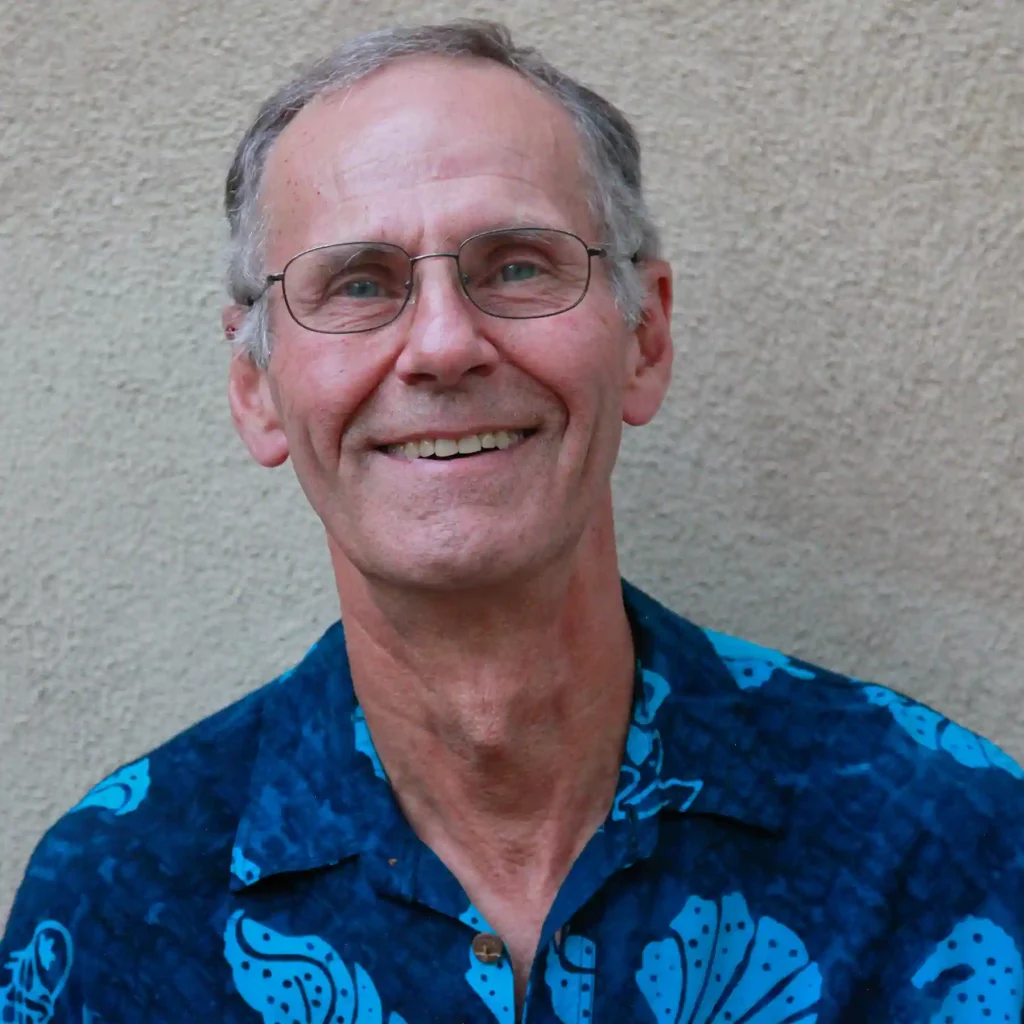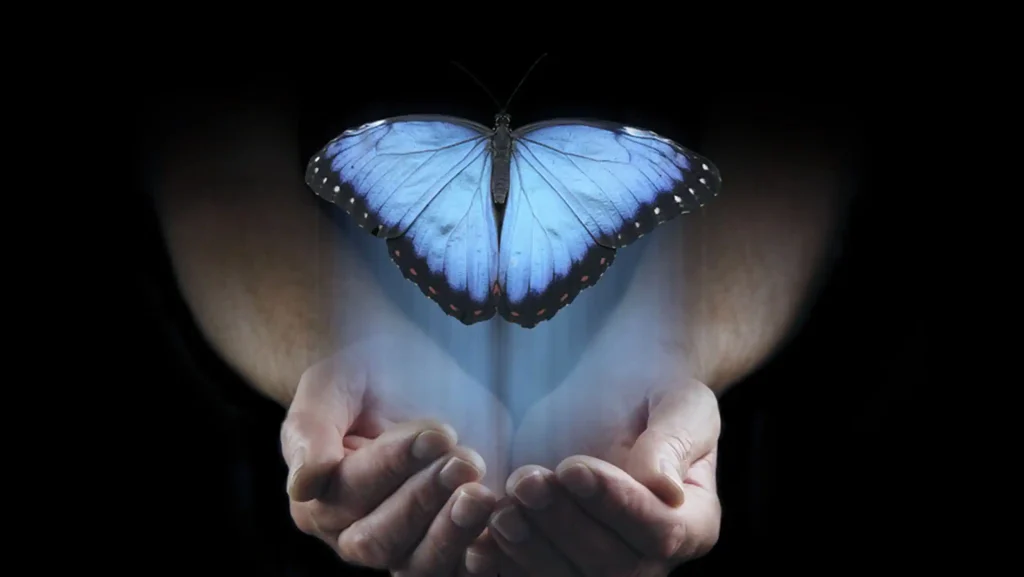Warning: You may find this article somewhat disturbing because it may contain information that directly contradicts what you perhaps always believed to be true. Try to read it from a neutral place.
Life is filled with pleasures. Some of these pleasures are strictly physical and have to do with sensations of the body and many other pleasures are more emotionally or even intellectually based such as the pleasure of seeing beautiful art, a sunset, or solving a difficult math problem or crossword puzzle. Even these pleasures have a measure of physical sensation that results from chemicals released in the brain as a result of certain feelings or thoughts. Some pleasures are generally accepted as healthy and socially acceptable and of course some are not depending on the culture and social norms. Taking pleasure in playing with one’s grandchildren or watching a sunset is accepted in almost all cultures of the world but having an affair with someone outside of marriage or taking pleasure smoking cigarettes are mostly frowned upon and therefore subject to shame and guilt.
Some pleasures are healthy from a biological standpoint like, for example, drinking cool water after a hike in the hot sun or munching on a juicy peach. We all know that some pleasures are not biologically healthy like snorting cocaine, engaging in heavy alcohol consumption, or engaging in extreme forms of sadomasochism. However, none of these necessarily implies guilt or shame.
We call someone a hedonist if they are very fond of their pleasures in life but this generally has a negative connotation because what is implied is that a hedonist is selfish and will choose their own pleasure over loyalty or sensitivity to another’s feelings. Most people outside of certain circles do not call someone whom they trust or are fond of a hedonist unless of course, they are describing their cat or dog, in which case this is done with a certain envy.
Most cultures of the world are exceptionally influential regarding what pleasures are considered acceptable or not. Cultures are often heavily influenced by religion and most religions are not particularly fans of a wide array of personal pleasures. So, millions and even billions of people on earth are restricted from many forms of pleasure, not because these pleasures are necessarily harmful but because they are considered antithetical to the dogma of the religion. Interestingly these prohibitions were not necessarily espoused by the Spiritual teacher considered the source of the religion’s teachings. Christianity is a good case in point. Jesus was not at all against physical pleasure but the churches that grew up around his teachings introduced a wide variety of restrictions and taboos regarding enjoyment of life. They found that emphasizing his hanging on the cross enduring terrific suffering was a great way of making people feel guilty and ashamed for wanting to experience a few moments of pleasure, mostly oriented around things that he never said anything about. Did he ever say one should not enjoy pleasure in sex with one’s spouse or that priests could not marry? No, and yet there are prohibitions against these things. Various religions have outlawed singing, dancing, art, music, self-expression in dress and behavior, sexual pleasure and so on, again in no way having anything to do with the founder’s beliefs or teachings. In the extreme – suffering, physical pain, and self-deprivation have been recommended practices for the truly pious. How has this insanity come to be, considering that none of these activities have proven to make someone more spiritually awake? Usually the result has been just the opposite, to make people obsessed with what they have been deprived of.
Missionaries have been known to invade the traditional cultures of indigenous peoples around the world to immediately clamped down on their natural tendencies to laugh, sing, dance, and enjoy their own bodies. And yet these same invaders have often been the ones to introduce alcohol, a substance that has been so destructive to these indigenous cultures.
Of course, these efforts to stamp out freedom to enjoy the pleasures of life are all about control. If you can eliminate pleasure and replace it with guilt, shame, and fear you can control whole populations of people. In fact, there is an attempt to reintroduce this trend in United States culture at this time and in other parts of the world as well. Again, it is all about controlling the masses and the fear of losing control that very repressed people tend to have.
Interestingly the more controlling a particular subculture is the more problems they tend to have with deviant behavior. For example, you find pedophilia heavily concentrated among clergy and members of very restrictive religions and belief systems. Often the people most against pornography are heavy users of it and the people most discriminating against queer culture are people with those tendencies themselves. Men who rape women have often been brought up in very restrictive households and tend to view women as seducers and who secretly want to be raped. All this is deeply crazy.
Notice that projection plays a heavy role in people who want to stamp out pleasure in life or control people’s behavior. They are the ones who tend to say, “You are bad. You are out of control. All you want to do is be selfish. You cannot enjoy your body. It is not okay. You are all sinners. You are all pedophiles and rapists.” The truth is that the person pointing the finger is the top candidate for that behavior and they are outed all the time in courts of law even though their culture ignores this fairly obvious fact.
Now here are some interesting facts that seem to fly in the face of many core beliefs of people who damn pleasure. Statistics show that celibate men have a higher incidence of prostate cancer than men who are sexually active. Interesting! Could it be that natural behavior is actually more healthy than unnatural restriction? Upon observation It sure seems to be so. Currently there is no evidence whatsoever based on much research that watching pornography causes people to commit sexual crimes more than other people and there is no evidence whatsoever that it causes mental illness or that it can even be classified as an addiction. Why? Because the evidence is strong that it is natural for people to want to watch sexual behavior, especially when they do not have access to it freely. So, a person who regularly watches pornography may be a very normal person doing a normal thing. “Heavens” you might think. “That cannot be right”, yet the research points in that direction. There is no evidence that men who watch pornography treat their wives or partners more disrespectfully than those who don’t, even if they are watchers of heavy sadomasochism interestingly enough. They don’t necessarily demand that their partners act out these fantasies with them and most prefer it to be strictly a fantasy that never gets actualized.
Of course, people who tend to watch deviant pornography focused on the abuse of children or destructive sexual acts may be contributing to a social problem and that has its own karma so I am not saying that it is perfectly okay to indulge in behaviors that create terrible suffering for others. What I am trying to get to here is simply questioning the tendency to judge and criticize natural human instincts to experience pleasurable moments.
Would you say that a person who likes to go to galleries and see beautiful art has an addiction to art? Would say that a person who loves nature and wants to spend a great deal of time outdoors is addicted to nature? Would you say that everybody who enjoys ice
cream is an addict? Hopefully you get the idea here. Even the most enlightened people hold prejudices and beliefs that are strictly cultural and not based on spiritual truths. This is often the case regarding the teachings of Hindu Gurus, Zen masters, and even mystics. The belief seems to be that if you engage the physical body in “low vibrational frequencies” then you are not capable of awakening or growing spiritually but this is pure prejudice and is simply not true. Even the Dalai Llama admitted to holding such prejudices earlier in his life when he taught disciples that they would have to give up being gay in order to be a Buddhist. Eventually he changed his position about this.
There are enlightened people who are queer and some who like to smoke cigarettes, and others who have an occasional drink. Some admit to taking plant medicines. None of this seems to detract from their spiritual orientations and wisdom. There are enlightened masters who have active sexual lives and say that it is better than ever after they became enlightened. I once studied with a Zen master who, when asked about sex said, “When you’re hot your hot and when you’re not you’re not”. How’s that for simplification? It is just the simple truth.
Many people do not understand that, because someone enjoys some aspect of life, this does not necessarily interfere with their spiritual awakening process. Yes, there are some people in this world who compulsively chase this pleasure or that and are considered to be addicts of a certain substance like marijuana or behavior like gambling. However, looking more closely at their problem reveals that they are usually not getting any pleasure out of it, so conflicted are they. What they are actually addicted to is the belief that gratifying themselves with this substance or behavior will give them relief from their struggle and suffering and allow the happiness and pleasure that is already within them to come forward, perhaps only briefly. They make the mistake of thinking that it is the substance or behavior that provides the pleasure but that is not necessarily so. People who condemn them tend to make the same mistake in their thinking. At the end of the day all addictions are the same. They are all egoic behaviors that seek relief from stress. Subconsciously they are seeking to be loved and this is often indirectly seeking to have spiritual connection but of course it doesn’t ultimately work.
So having real pleasurable experiences is not ever the real problem. Human beings are meant to have pleasure in their lives. It is completely normal and beneficial if they approach having pleasure as a spontaneous event and not something that becomes obsessive-compulsive or becomes a chronic vehicle for guilt and shame.
Addictions are rather horrible energy leaks but most actual pleasurable experiences are suppliers of wonderful energies. Have you ever watched a beautiful sunrise or sunset and felt horrible? Have you ever had a powerful sexual release that was totally in the moment and beyond thinking and felt terrible during it? It is the thinking that ruins the pleasure (“I shouldn’t be doing this”), It is the thinking that leads to unpleasant emotions like guilt and shame, both products of ego. Do you really have to think about the pleasure of eating a cold slice of watermelon on a hot day or hot chocolate on a cold one? You don’t have to think about it, all you have to do is enjoy it.
When Krishnamurti, a powerful Spiritual Teacher, was on his deathbed he spoke to his successor in his last words, paraphrased here; “Live your life, fall in love, have human experiences, really dive in. If I had to do my life over again that is what I would do.” In other words, don’t wait until your deathbed to realize this. Have some fun. To hell with guilt and shame, that is where these feelings came from. Send them back. We will end with a quote from the Buddha paraphrased, “Everything in moderation.”
Tags:

José Stevens
José Luis Stevens, PhD is the president and co-founder (with wife Lena) of Power Path Seminars, an international school and consulting firm dedicated to the study and application of shamanism and indigenous wisdom to business and everyday life. José completed a ten-year apprenticeship with a Huichol (Wixarika) Maracame (Huichol shaman) in the Sierras of Central Mexico. In addition, he is studying with Shipibo shamans in the Peruvian Amazon and with Paqos (shamans) in the Andes in Peru. In 1983 he completed his doctoral dissertation at the California Institute of Integral Studies focusing on the interface between shamanism and western psychological counseling. Since then, he has studied cross-cultural shamanism around the world to distill the core elements of shamanic healing and practice. He is the author of twenty books and numerous articles including Encounters With Power, Awaken The Inner Shaman, The Power Path, Secrets of Shamanism, Transforming Your Dragons and How To Pray The Shaman’s Way.
Related Articles
The Evolution of Perception and Fear
The Challenge Of Creating Our Future
The frequency of the Earth is shifting, The hertz frequency of the earth is dropping temporarily while changes are being made from the core of…




